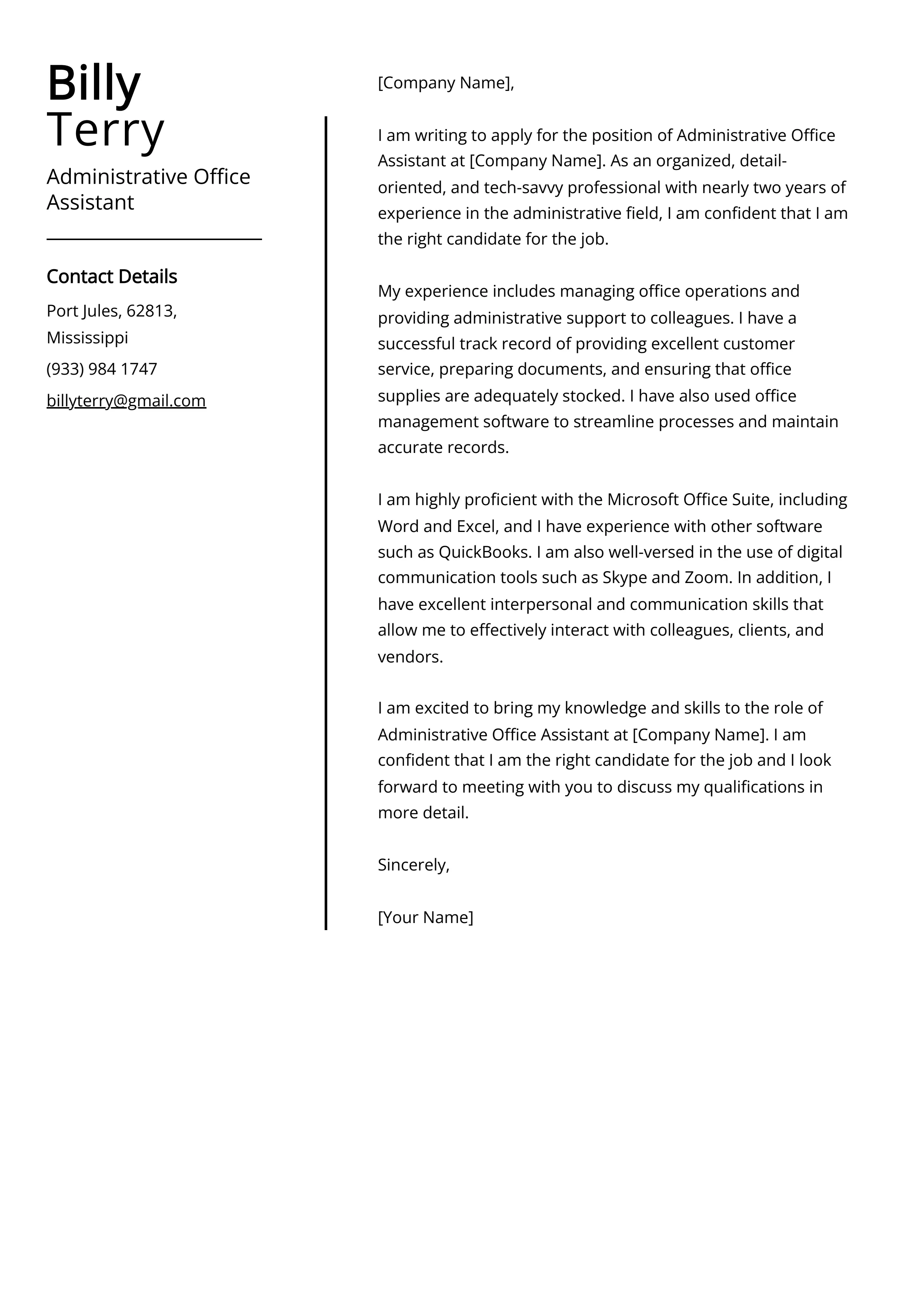Understanding the Administrative Role
Administrative jobs are the backbone of any successful organization, providing essential support and ensuring smooth operations. These roles encompass a wide range of responsibilities, from managing schedules and communications to handling administrative tasks and supporting teams. Understanding the scope of an administrative role is crucial for crafting a compelling cover letter that showcases your skills and experience, and demonstrates your understanding of the job requirements. The administrative field offers diverse opportunities, with varying levels of responsibility and specialization. Regardless of the specific role, administrative professionals play a vital role in maintaining organizational efficiency and contributing to overall success. This understanding will allow you to demonstrate your suitability for the position.
Key Responsibilities of an Administrator
Administrative professionals wear many hats, often juggling multiple tasks simultaneously. Their key responsibilities include managing calendars, scheduling meetings, and coordinating travel arrangements. They are responsible for drafting and distributing correspondence, managing incoming and outgoing communications, and maintaining organized filing systems, both physical and digital. Furthermore, administrators often handle data entry, prepare reports, and manage databases. Many also provide support to other staff members, assist with human resources tasks, and manage office supplies. The specific responsibilities will vary depending on the organization and the specific job. Successful administrators demonstrate strong organizational abilities, attention to detail, and excellent communication skills. Adaptability and the ability to prioritize tasks are also essential for navigating the dynamic nature of these roles.
Essential Skills for Administrative Success
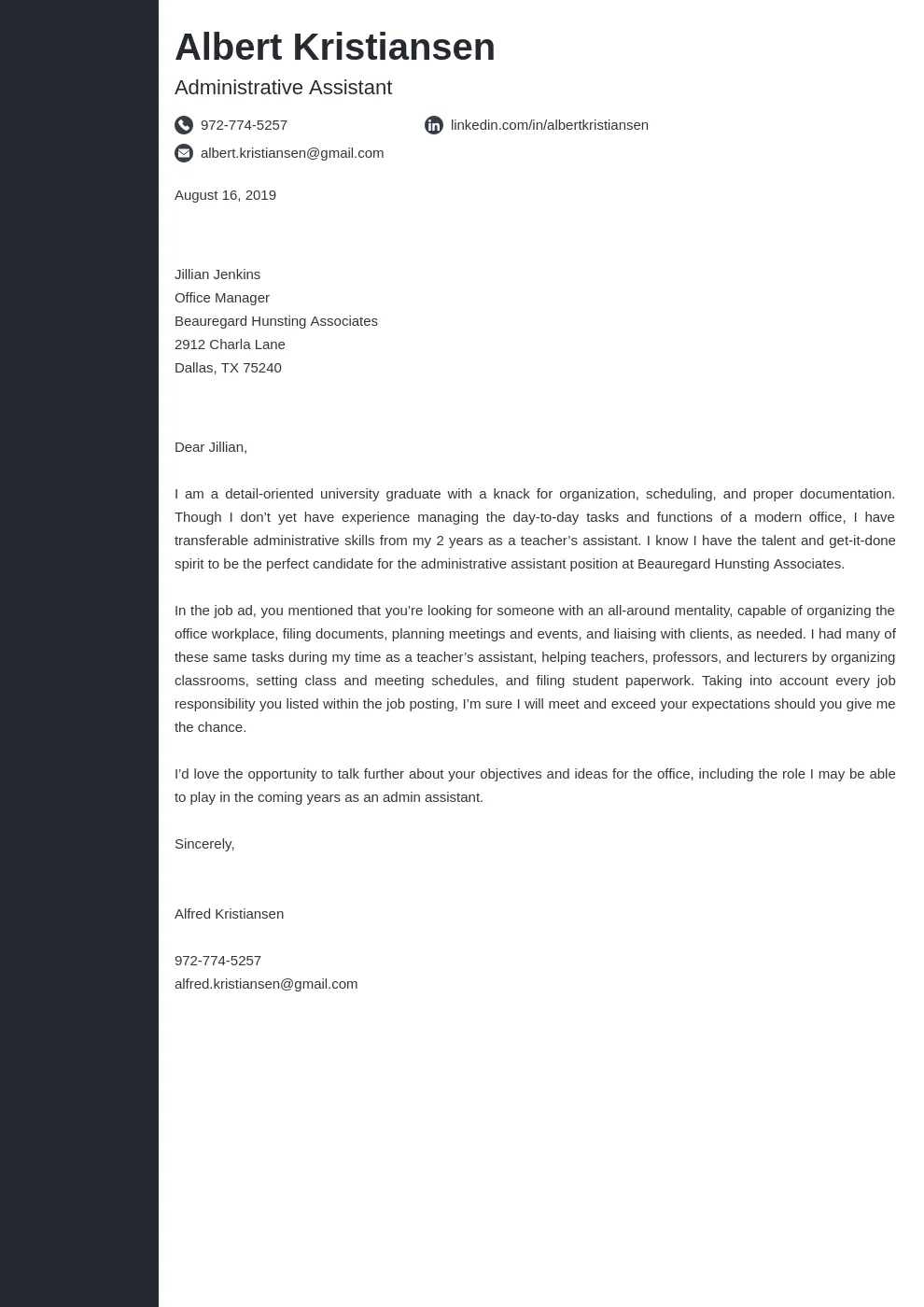
A successful administrative professional possesses a diverse set of skills that contribute to their effectiveness. Strong organizational skills are paramount, including the ability to prioritize tasks, manage time effectively, and maintain meticulous records. Excellent written and verbal communication skills are essential for interacting with colleagues, clients, and other stakeholders. Proficiency in Microsoft Office Suite (Word, Excel, PowerPoint, and Outlook) and other relevant software is crucial for managing documents, creating presentations, and handling data. Attention to detail is critical for ensuring accuracy in all tasks, from data entry to proofreading documents. Moreover, problem-solving abilities, adaptability, and the capacity to work independently are valuable assets in the ever-changing work environment. The ability to maintain confidentiality and exercise discretion is also vital, particularly when handling sensitive information. Cultivating these skills will significantly enhance your performance in an administrative role.
Crafting Your Administrative Cover Letter
Your administrative cover letter is your first opportunity to make a positive impression on a potential employer. It’s a chance to showcase your skills, experience, and personality, and to demonstrate why you’re the ideal candidate for the role. A well-crafted cover letter complements your resume and provides additional context to highlight your qualifications. A strong cover letter goes beyond simply listing your accomplishments; it articulates your understanding of the role, your enthusiasm for the company, and how your skills align with the job’s requirements. Taking the time to personalize your cover letter and tailor it to each specific job application increases your chances of getting noticed. The goal is to make a compelling case for why you deserve an interview, leading you one step closer to landing your dream administrative job. Let’s dive into how to create a cover letter that makes you stand out.
Header & Contact Information
The header of your administrative cover letter sets the tone and provides essential contact information. Start by including your full name, professional title (if applicable), phone number, email address, and LinkedIn profile URL (optional). Make sure the contact information is accurate and up-to-date, so employers can easily reach you. Place this information at the top of the document, typically aligned to the left or right. Below your contact details, include the date and the recipient’s information, such as the hiring manager’s name (if known), their title, the company name, and the company address. Using the hiring manager’s name and title if possible can personalize your letter and show that you’ve done your research. A well-formatted header is a professional and essential first step in crafting an effective cover letter.
Personalized Greeting
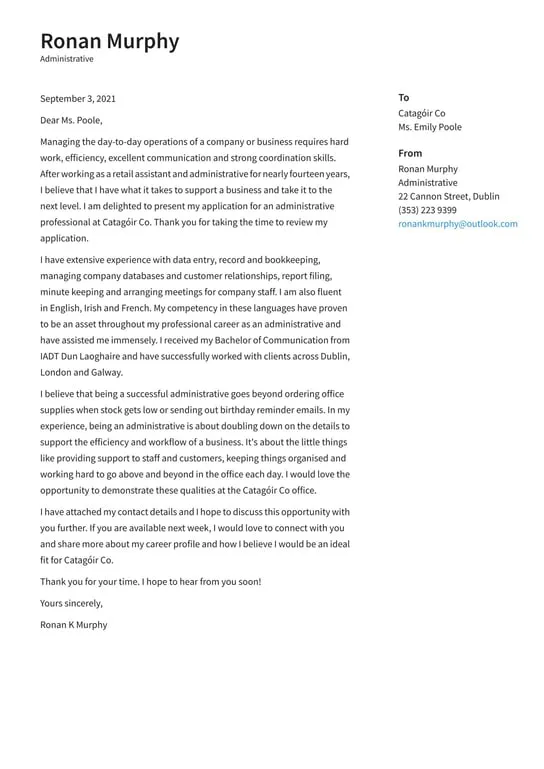
A personalized greeting is crucial in making a positive first impression. Instead of using generic greetings like “To Whom It May Concern,” or “Dear Sir/Madam,” try to find the name of the hiring manager or the person who will be reviewing your application. This shows that you’ve taken the time to research the company and tailor your letter to the specific opportunity. If you are unable to find a specific name, use a more specific greeting like “Dear Hiring Manager” or “Dear [Department Name] Team.” The tone should be professional and enthusiastic. Ensure proper capitalization and use a comma after the greeting. A personalized greeting shows that you’re proactive and committed to the application, increasing the likelihood of your letter being noticed and read attentively. It also demonstrates attention to detail, a key trait in administrative roles.
The Opening Paragraph Grab Attention
The opening paragraph of your administrative cover letter sets the stage and captures the reader’s attention. It should immediately state the position you are applying for and how you learned about the opportunity. Briefly highlight your most relevant skills or experiences, demonstrating your understanding of the role’s key requirements. Express your enthusiasm for the company and the specific opportunity, showing that you’ve done your research and are genuinely interested. Avoid clichés and instead, strive for a concise, confident, and engaging introduction. This opening paragraph is your opportunity to make a strong first impression and encourage the reader to continue reading your cover letter. Consider starting with a strong statement that connects your experience with the company’s needs or a brief summary of your key accomplishments.
Highlighting Your Relevant Experience
In the body of your administrative cover letter, highlight your relevant experience, skills, and accomplishments. Use specific examples to demonstrate your abilities and provide context for your achievements. Focus on experiences that align with the job requirements and showcase your value to the company. Instead of just listing job duties, describe the impact of your actions, quantifying your accomplishments whenever possible. For example, mention improvements in efficiency, cost savings achieved, or successful projects completed. Use action verbs and focus on the results you delivered. Tailor this section to the specific job description, emphasizing the skills and experiences that are most relevant to the position. By providing concrete examples of your past successes, you can convince the hiring manager that you are a strong candidate for the administrative role.
Quantifying Achievements & Skills
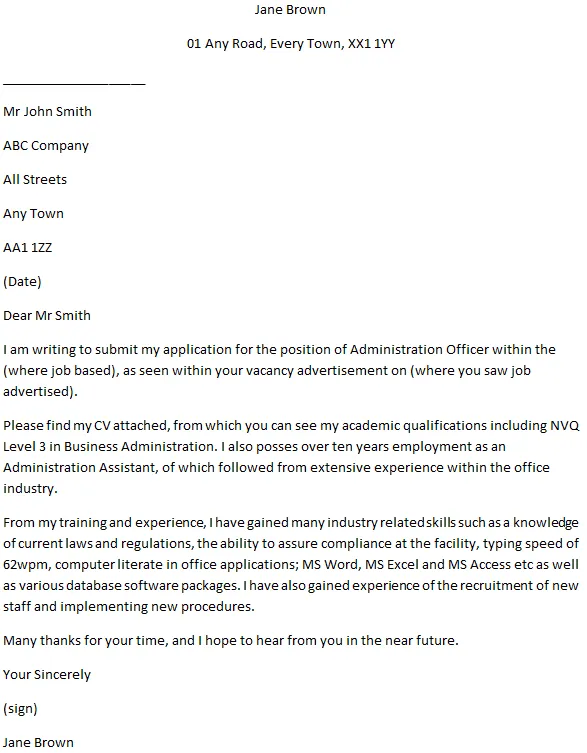
Quantifying your achievements and skills makes your cover letter more compelling and demonstrates your impact in previous roles. Whenever possible, use numbers and data to showcase your accomplishments. Instead of stating that you improved efficiency, specify the percentage by which you increased productivity. Instead of saying you managed a large budget, provide the actual amount. When highlighting your skills, provide examples of how you have used those skills effectively. If you possess strong organizational skills, describe a project where you successfully managed multiple tasks and deadlines. If you have experience with a specific software, mention how you used it to streamline processes or improve accuracy. Quantifying your achievements provides concrete evidence of your abilities and helps the hiring manager understand the value you can bring to their organization. It adds credibility to your claims and sets you apart from other applicants.
Showcasing Soft Skills
In addition to technical skills, administrative roles require a variety of soft skills. Your cover letter is an excellent place to showcase these essential abilities. Highlight your communication skills, both written and verbal, including your ability to interact effectively with colleagues, clients, and stakeholders. Demonstrate your organizational skills through examples of successful project management or efficient time management. Show your problem-solving abilities by describing how you have overcome challenges or implemented solutions in previous roles. Mention your teamwork skills and ability to collaborate effectively with others. Provide examples of your adaptability and ability to handle multiple tasks simultaneously. By showcasing these soft skills, you demonstrate your ability to excel in a dynamic and collaborative environment. Showcasing these skills will show that you are a well-rounded and capable candidate.
Expressing Enthusiasm for the Role
Expressing genuine enthusiasm for the administrative role and the company is crucial. Demonstrate your interest by referencing specific aspects of the job description or the company’s mission that appeal to you. Show that you’ve researched the company and understand its values and goals. Explain why you are excited about the opportunity and how your skills and experience align with the company’s needs. Highlight any specific projects or initiatives you are particularly interested in. Avoid generic statements; instead, provide specific examples of how you see yourself contributing to the team and the organization’s success. By expressing your passion, you will make a memorable impression and increase your chances of being selected for an interview. Let your enthusiasm shine through your writing and demonstrate why you’re the right person for the administrative job.
Closing the Cover Letter
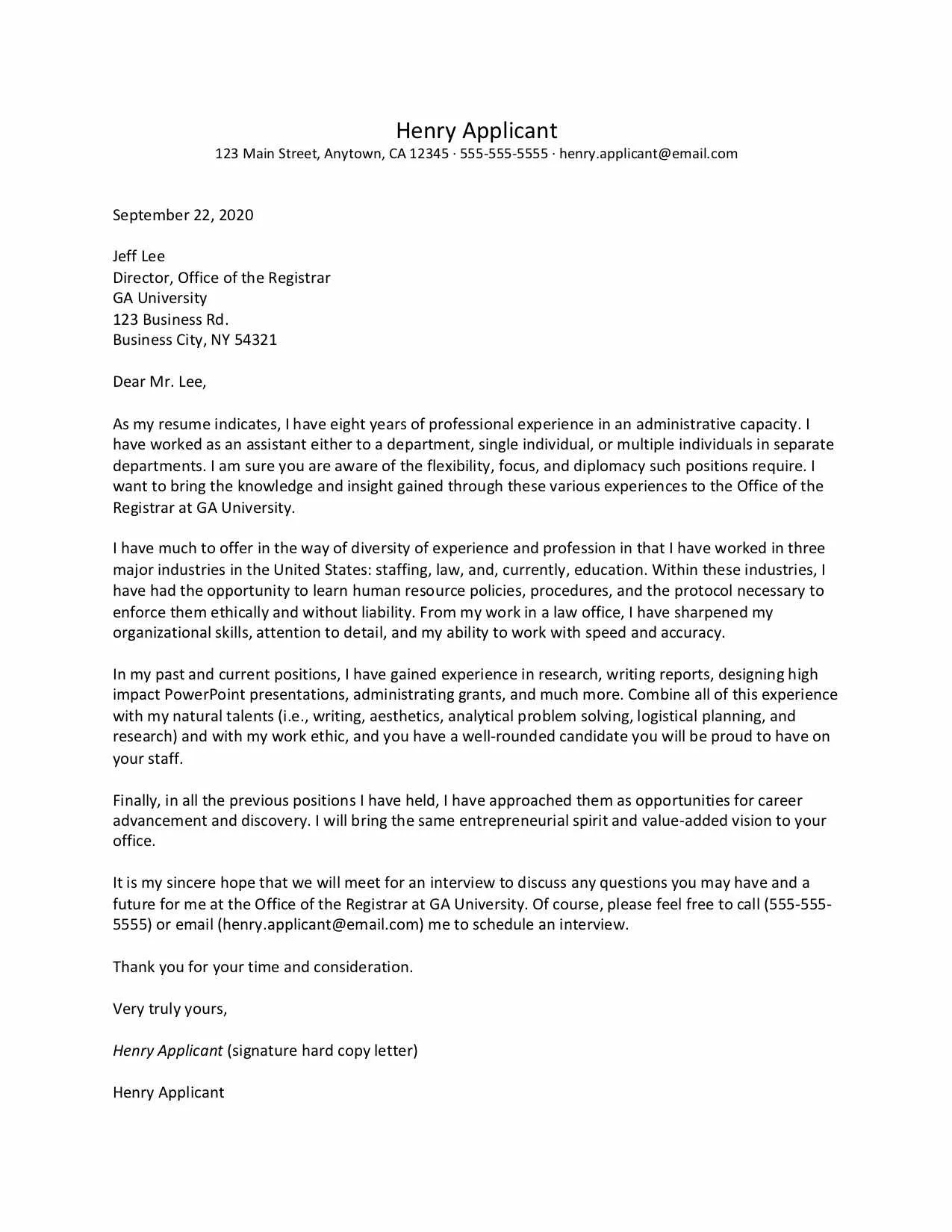
The closing of your administrative cover letter should summarize your interest in the role and provide a clear call to action. Reiterate your enthusiasm for the opportunity and thank the hiring manager for their time and consideration. Express your eagerness to discuss your qualifications further in an interview. Include a polite and professional closing, such as “Sincerely,” or “Best regards,” followed by your full name. Be sure to include your contact information again, making it easy for the recruiter to reach you. If you are applying through an online portal, you may also add a brief statement about your availability. Proofread the closing paragraph carefully to ensure it is free of errors and leaves a positive final impression. A well-crafted closing reinforces your interest and makes it easy for the employer to take the next step.
Review and Proofread Before Sending
Before submitting your administrative cover letter, thoroughly review and proofread it for any errors. Check for grammatical errors, spelling mistakes, and typos. Ensure that your formatting is consistent and that your writing style is clear and concise. Ask a trusted friend, colleague, or family member to read your cover letter and provide feedback. This can help you catch errors you may have missed and identify any areas for improvement. Verify that all your contact information is accurate and up-to-date. Ensure that your cover letter aligns with the specific job description and highlights the skills and experiences that are most relevant to the position. Proofreading is a crucial step that can significantly impact the impression your cover letter makes. Attention to detail demonstrates professionalism and attention to detail, which are critical in administrative roles.
Formatting and Design Tips
Formatting and design play a crucial role in the overall impression of your administrative cover letter. Choose a professional and easy-to-read font, such as Times New Roman, Arial, or Calibri, with a font size between 10 and 12 points. Use clear headings and subheadings to break up the text and make the content easy to navigate. Maintain consistent spacing and margins throughout the document. Avoid using excessive formatting, such as bolding or underlining, which can distract from the content. Ensure that your cover letter is well-organized and visually appealing. Consider using bullet points or numbered lists to highlight key skills and accomplishments. A well-formatted cover letter demonstrates attention to detail and professionalism, which are essential qualities for administrative roles. Ensure the layout is clean, and the document is easy on the eyes, making it simple for the hiring manager to quickly scan and grasp your qualifications.
Font and Readability Considerations
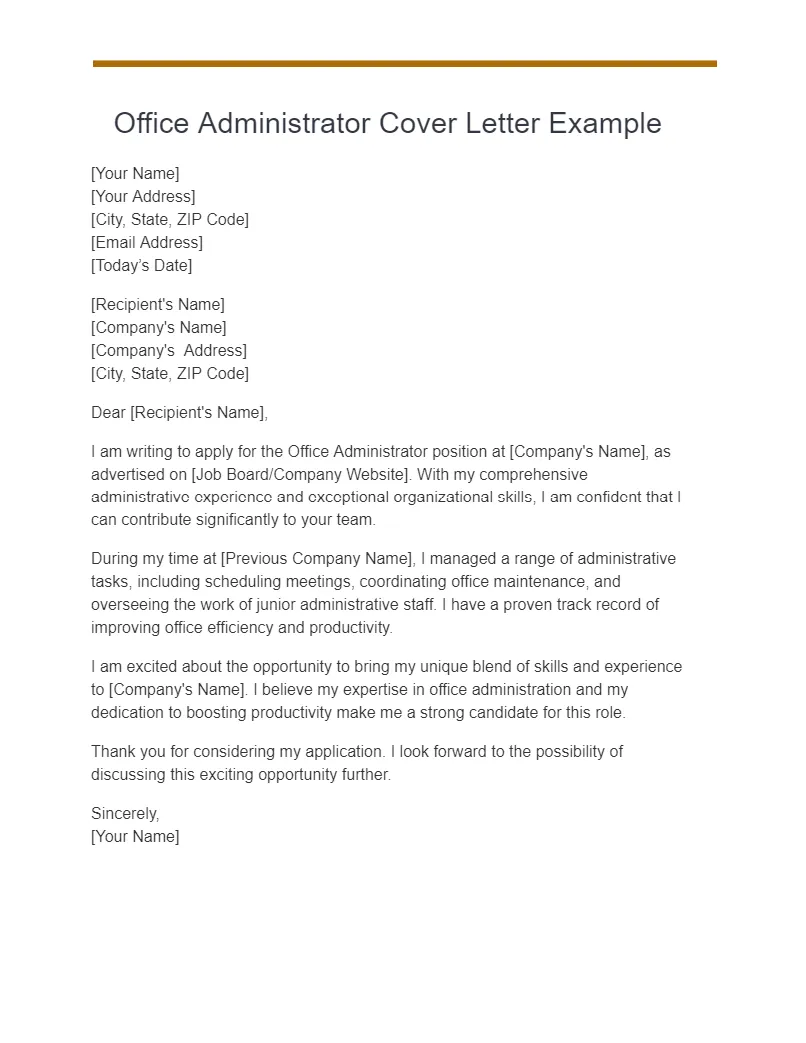
Choosing the right font and ensuring readability is important for your administrative cover letter. Select a font that is clear, professional, and easy to read, such as Times New Roman, Arial, or Calibri. These fonts are widely recognized and considered standard for professional documents. Use a font size between 10 and 12 points to ensure that the text is large enough to read without being too overwhelming. Maintain consistent spacing throughout the document, including single spacing within paragraphs and double spacing between paragraphs. Use clear headings and subheadings to break up the text and make it easier for the reader to scan the content. Avoid using overly stylized or decorative fonts, which can distract from the message. Prioritize readability to ensure that your cover letter is easy to comprehend and makes a positive first impression. Ultimately, a well-chosen font and clear formatting make your cover letter easier to read, increasing the chances of your message being understood and appreciated.
File Naming Conventions
Proper file naming conventions are essential for presenting your administrative cover letter professionally. Use a clear and concise file name that includes your name and the job title you are applying for. For example, “[Your Name] - Administrative Assistant Cover Letter.” This allows the recruiter to easily identify and organize your application. Avoid using generic file names, such as “coverletter.doc” or “resume.pdf.” Always save your cover letter as a PDF file to preserve the formatting and ensure that it is compatible with different devices and operating systems. Before submitting, double-check the file name to ensure it is correct. This attention to detail reflects your professionalism and enhances the overall presentation of your application. Consistent and accurate file naming also makes it easier for you to track and manage your job applications.
Tailoring Your Cover Letter
Tailoring your cover letter to each specific administrative job is crucial for increasing your chances of success. Do not use a generic cover letter; instead, customize it to align with the specific requirements and qualifications outlined in the job description. Research the company and understand its values, mission, and culture. Review the job description carefully and identify the key skills and experiences the employer is seeking. Highlight how your skills and experience align with those requirements, providing specific examples to demonstrate your capabilities. Address any specific needs or challenges mentioned in the job description. Tailoring your cover letter shows that you are genuinely interested in the role and that you have taken the time to understand the organization’s needs. Personalization demonstrates that you are proactive and a good fit for the role.
Researching the Company Culture
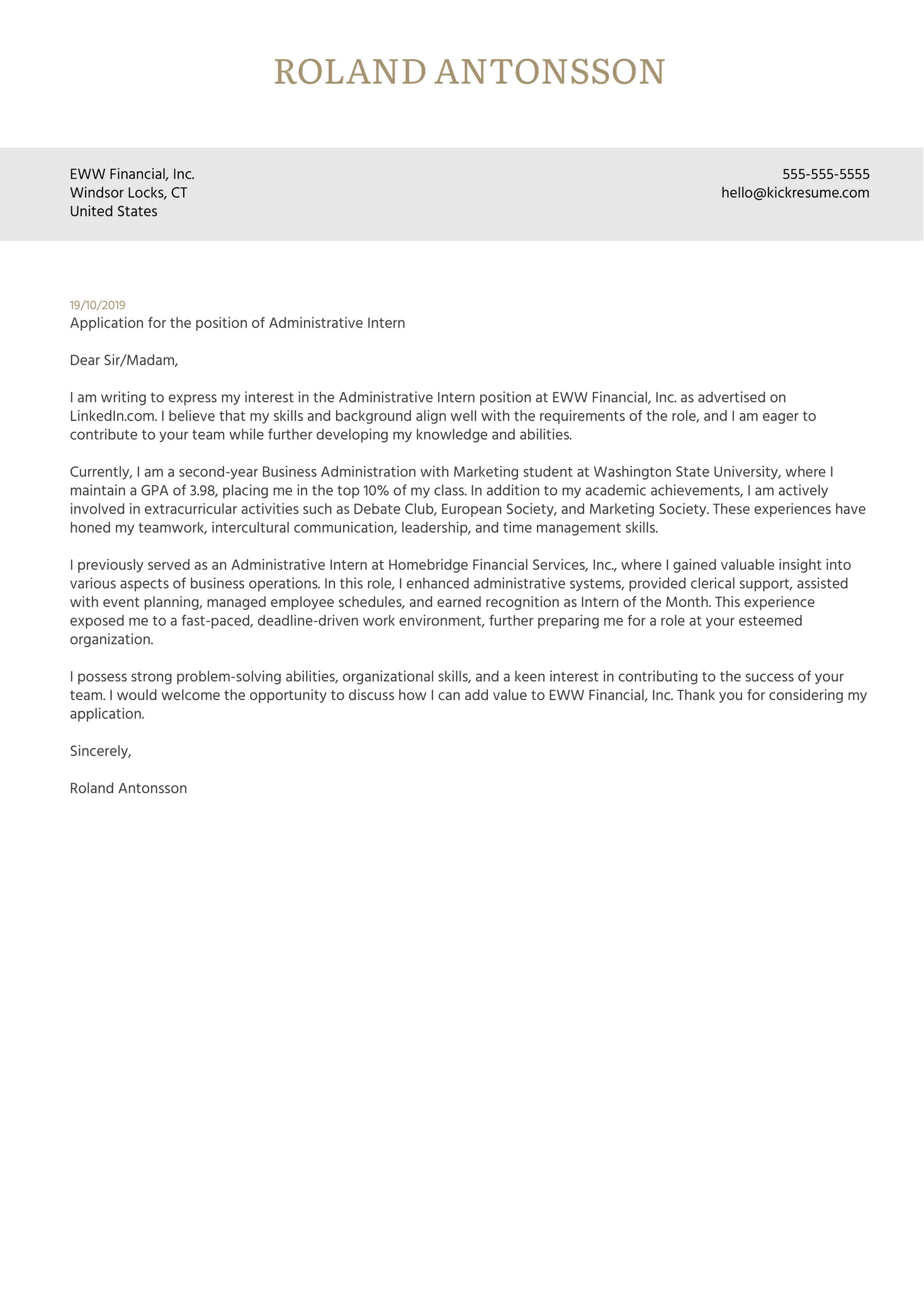
Researching the company culture is an essential step in tailoring your administrative cover letter. Visit the company’s website, review their social media profiles, and read any news articles or press releases about the organization. Understanding the company’s values, mission, and work environment can help you align your cover letter with their culture. Identify the key qualities and attributes that the company values, such as teamwork, innovation, or customer service. When describing your skills and experience, highlight those qualities that align with the company’s culture. For example, if the company emphasizes teamwork, emphasize your experience collaborating with others and contributing to a team environment. Demonstrate your understanding of the company’s culture by mentioning specific initiatives, projects, or values. Showing that you’ve done your research demonstrates your genuine interest in the organization and enhances your chances of making a strong impression.
Aligning Your Skills with Requirements
Aligning your skills with the job requirements is a critical part of crafting a compelling administrative cover letter. Carefully review the job description and identify the key skills, qualifications, and experiences the employer is seeking. Compare these requirements to your own skills and experience and identify the areas where you align. Highlight those skills and experiences in your cover letter, providing specific examples to demonstrate your capabilities. Instead of simply listing your skills, explain how you have used them effectively in previous roles. Quantify your accomplishments whenever possible, using numbers and data to illustrate your impact. For example, if the job description requires strong organizational skills, describe a project where you successfully managed multiple tasks and deadlines. Tailoring your cover letter shows that you are a strong match for the role and that you understand the employer’s needs. A well-aligned cover letter highlights why you are the ideal candidate for the administrative job.
Common Mistakes to Avoid
Avoiding common mistakes in your administrative cover letter is crucial for making a positive impression. Generic cover letters, full of clichés and lacking personalization, can make it seem as if you are not truly interested in the role. Typos and grammatical errors can damage your credibility and undermine your professionalism. Focusing solely on job duties, without quantifying accomplishments or showcasing your skills, can make your cover letter seem lackluster. Omitting a call to action or failing to proofread your letter can also be detrimental. By avoiding these common mistakes, you can create a more polished and effective cover letter that highlights your qualifications and increases your chances of getting an interview. Careful attention to detail and a proactive approach will make your application stand out.
Generic Cover Letters
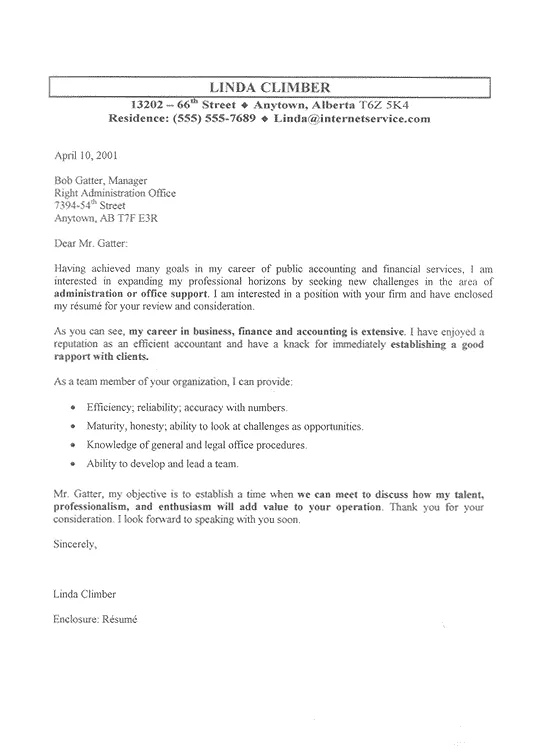
Using a generic cover letter is a common mistake that can significantly reduce your chances of landing an administrative job. Generic cover letters are often impersonal, failing to address the specific requirements of the role or demonstrate your interest in the company. They often rely on clichés and generic statements that could apply to any job. To avoid this mistake, personalize your cover letter to each specific job you apply for. Research the company, understand its values, and align your skills and experience with the job description. Highlight how your qualifications match the specific needs of the role and demonstrate your genuine interest in the organization. Tailoring your cover letter is essential to show that you are a serious candidate and that you have taken the time to understand the opportunity. Generic cover letters signal a lack of effort and are unlikely to make a strong impression on hiring managers.
Typos and Grammatical Errors
Typos and grammatical errors are significant red flags that can undermine your credibility and professionalism. Errors in your administrative cover letter can give the impression that you are not detail-oriented, or that you lack the necessary skills for the role. Proofread your cover letter carefully before submitting it. Check for spelling mistakes, grammatical errors, punctuation errors, and inconsistencies in formatting. Use a spell checker and grammar checker, but do not rely solely on these tools. They can sometimes miss errors or suggest incorrect corrections. Ask a friend, colleague, or family member to read your cover letter and provide feedback. A fresh pair of eyes can often catch errors that you may have missed. Correcting typos and grammatical errors demonstrates your attention to detail and commitment to presenting a professional application, which is vital for administrative positions.
Focusing Solely on Job Duties
Focusing solely on job duties in your administrative cover letter is another common mistake. While listing your past responsibilities is important, it is equally crucial to highlight your achievements and the impact you have made in previous roles. Instead of just stating what you did, explain how you excelled in those roles. Quantify your accomplishments whenever possible, using numbers and data to illustrate your results. Describe how you improved efficiency, reduced costs, or increased productivity. Showcase your skills and how you have used them to overcome challenges or achieve specific goals. Use action verbs to describe your experiences and focus on the positive outcomes of your actions. By focusing on your accomplishments and the value you bring, you make your cover letter more compelling and demonstrate your ability to excel in the administrative role. This approach shows that you are not just capable of performing job duties, but that you can make a real difference in the workplace.
The Power of a Strong Cover Letter
A strong administrative cover letter is a powerful tool that can significantly increase your chances of landing your dream job. A well-crafted cover letter showcases your skills, experience, and personality, making a positive first impression on potential employers. It allows you to highlight your qualifications and explain how they align with the job requirements, differentiating you from other candidates. By tailoring your cover letter to each specific job, you demonstrate your genuine interest and understanding of the organization’s needs. A strong cover letter can also address any potential concerns or gaps in your resume and provide context for your achievements. It is your opportunity to make a compelling case for why you are the ideal candidate. In today’s competitive job market, a well-written cover letter is essential for making your application stand out and securing an interview.
